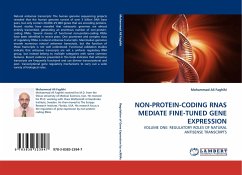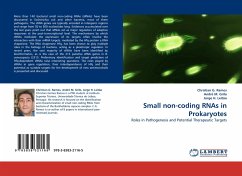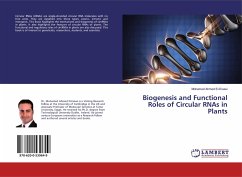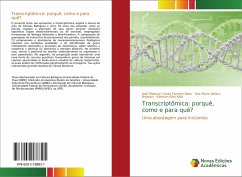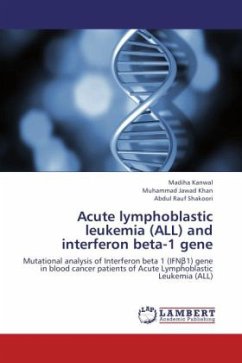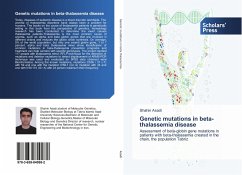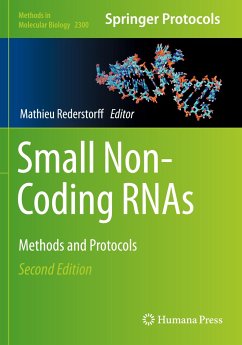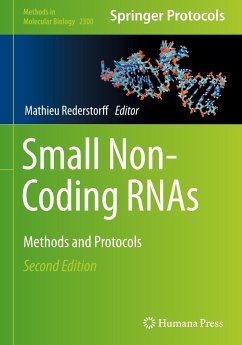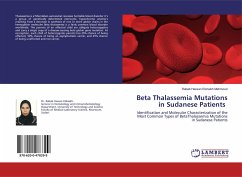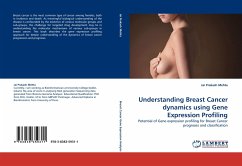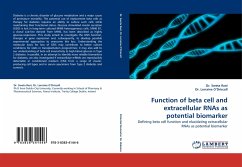
Function of beta cell and extracellular RNAs as potential biomarker
Defining beta cell function and elucidating extracellular RNAs as potential biomarker
Versandkostenfrei!
Versandfertig in 6-10 Tagen
52,99 €
inkl. MwSt.

PAYBACK Punkte
26 °P sammeln!
Diabetes is a chronic disorder of glucose metabolism and a major cause of premature mortality. The potential use of replacement beta cells as therapy for diabetes requires an ability to culture such cells while maintaining their functional status. Glucose stimulated insulin secretion (GSIS) is lost in long-term cultured MIN6 heterogeneous cells. MIN6 B1, a clonal sub-line derived from MIN6, has been described as highly glucose-responsive. This study aimed to investigate the GSIS function, changes in gene expression and, subsequently, to develop possible experimental approaches to overcome this...
Diabetes is a chronic disorder of glucose metabolism and a major cause of premature mortality. The potential use of replacement beta cells as therapy for diabetes requires an ability to culture such cells while maintaining their functional status. Glucose stimulated insulin secretion (GSIS) is lost in long-term cultured MIN6 heterogeneous cells. MIN6 B1, a clonal sub-line derived from MIN6, has been described as highly glucose-responsive. This study aimed to investigate the GSIS function, changes in gene expression and, subsequently, to develop possible experimental approaches to overcome this loss. Understanding the molecular basis for loss of GSIS may contribute to better culture conditions for islets in transplantation programmes; it may also add to our understanding of beta cell insensitivity to high blood glucose in Type 2 diabetes. In parallel, in an attempt to identify more reliable biomarkers for diabetes, we also investigated if extracellular mRNAs are reproducibly detectable in conditioned medium (CM) from a range of insulin-producing cell types and in serum specimens from Type 2 diabetes and controls.



